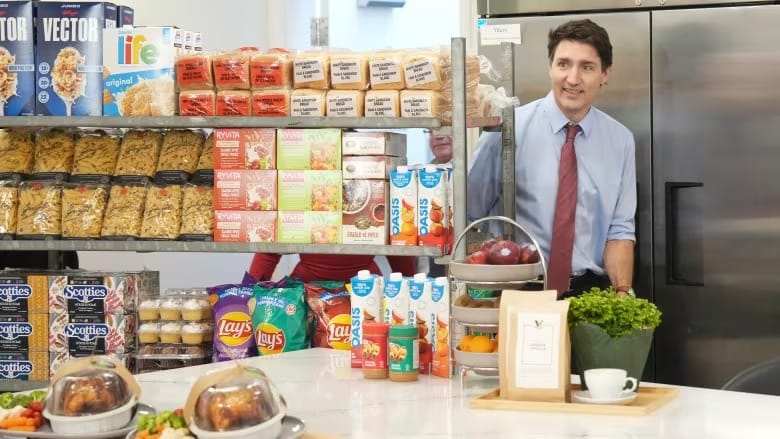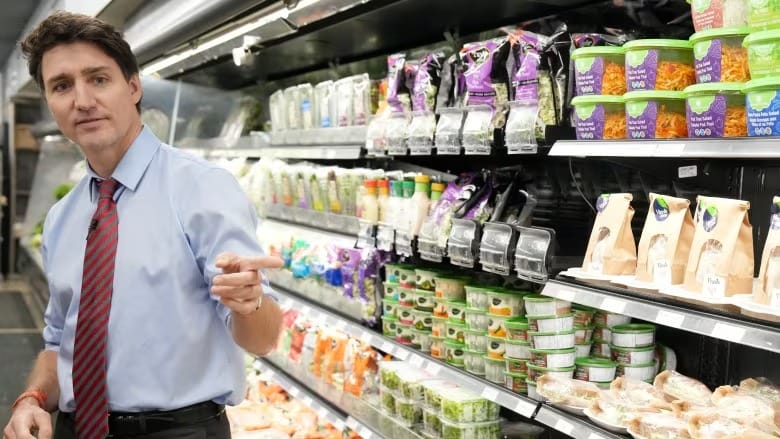Trudeau announces reduction in temporary foreign workers, suggests more immigration changes to come
Government reviewing immigration streams amid spike in newcomer unemployment

Prime Minister Justin Trudeau announced on Monday that the federal government will reduce the number of temporary foreign workers (TFWs) in Canada following a significant increase that some experts believe has contributed to higher unemployment rates among immigrants and young people.
The government had previously eased restrictions amid a severe labor shortage following the COVID-19 pandemic, which led to a notable rise in low-wage temporary workers.
Trudeau stated that employers in regions with high unemployment rates—where the rate is six percent or higher—will no longer be permitted to hire low-wage TFWs, with limited exceptions for sectors critical to "food security" such as agriculture, food and fish processing, as well as construction and healthcare, where staffing shortages remain acute.
Additionally, the government announced that employers will be restricted to hiring no more than 10 percent of their total workforce through the TFW program. Furthermore, contracts for low-wage TFWs will be limited to one year, down from the current two-year term.
When asked by CBC News about the possibility of broader changes to the immigration system—given that the Bank of Canada has reported an 11.6 percent unemployment rate among "newcomers," significantly higher than the national average of about six percent—Trudeau indicated that the government would review overall immigration levels this fall.
Trudeau hinted that a reduction in the number of permanent residents could be considered and mentioned that this topic might be discussed at the upcoming cabinet retreat.
Under the government's current immigration plan, Canada is expected to admit approximately 485,000 permanent residents in 2024 and 500,000 in both 2025 and 2026.
"We're ensuring that the entire package aligns with the needs of Canadians and our economy," Trudeau said. "We'll be examining unemployment rates and exploring further adjustments this fall as we introduce comprehensive plans that address the current and future realities facing Canada."
He emphasized that immigration must be "done right" and suggested that changes may be on the horizon to ensure "Canada remains a place that supports immigration positively while also being responsible in how we integrate newcomers and provide pathways to success for everyone who comes to Canada."





